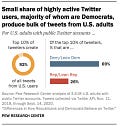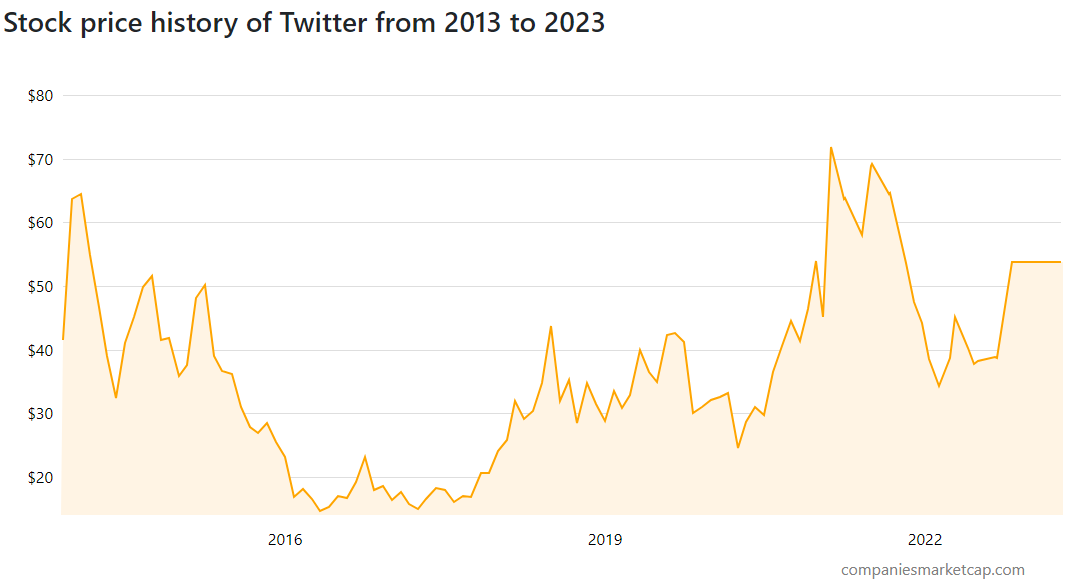Dear Elon Musk, Here's Some Unsolicited Advice
The tech entrepreneur has proven over and over again he doesn't understand the incumbent value of the platform he purchased.
Twitter is becoming Substack at the same time that Substack is becoming more like Twitter. For a multitude of reasons I have more confidence in the latter platform's ability to succeed - primarily because Elon Musk does not appear to know why Twitter became what it became. Substack's Notes is attempting to fill a void where there may be demand because the primary "microblogging" (remember that term?) website continues to alienate many of its power users; Twitter is attempting to compete with (what appears to be a) successful platform in an area in which there does not appear to be a hole in the market.
Without speculating on his motivations for purchasing Twitter, the platform being in private hands has (had?) potential to succeed. Twitter did not and does not make money. As a public company, it traded profitability for growth - which works well for young companies, but it had been stagnating for a long time. In private hands and without Wall Street to satisfy, there's potential to just monetize its current power-user base.
Elon Musk doesn't understand Twitter users.
Musk's miscalculation came with his view of Twitter that is clearly in conflict with monetization. One of his guiding lights has been attempting to democratize the Twitter user base. The blue-check system, the hidden black-box algorithm and the overwhelming and obvious bias of the company's workforce led to the perception that there was a thumb on the scale to reward certain kinds of Twitter users (journalists and other left-of-center professional politicos and activists) at the expense of other potential power-users and influencers. Musk held this view (a view that I think is correct, frankly) and is moving toward that flattening.
The problem with this attempt at flattening is that he's alienating Twitter's base power users. The system that handed out blue check badges to anyone tangentially related to journalism, political activism or anyone who just knew someone on the Twitter workforce may have been a bad idea for society in general, but it was very, very good for Twitter. Journalists and activists are news addicts and Twitter is a format that is crack-cocaine for that industry. Giving that base a little verified status badge hooked them for life.
Twitter became the center of elite (view that as a pejorative if you will; it doesn't matter) conversation for that reason. LeBron James no longer has to put out a press release - he can send a tweet. Ben Affleck no longer has to put out a statement about his relationship with Jennifer Lopez - he can send a tweet. The President of the United States no longer has to issue an executive order - he can tweet! Watch any 24-hour cable news network, and tweets-as-news will take up dozens of minutes every hour. Normie friends of mine complained that every SportsCenter segment featured live-reaction tweets from athletes.
Taken as a whole, the kinds of people whose tweets are newsworthy in and of themselves - athletes, celebrities, journalists - break down on the political left. Yes, Fox News exists, and yes, there are some conservative athletes, but every piece of analysis about Twitter users is that they are younger, wealthier, and more left-wing than America as a whole.
Twitter didn't used to prioritize monetization. But they could.
The mission to dismantle the old hierarchies on Twitter are in direct conflict with monetizing the platform. The power users of Twitter are those that, by and large, benefitted from the pre-Musk hierarchies: journalists and activists, and the subset of Americans who are fans of those sects.
It's clear that there was a lot of fat to trim at Twitter. Massive programming teams dedicated to features that would never see the light of day, development dedicated to streamlining the Twitter experience to appeal to normies and grow monetizable daily active users (mDAUs), acquisitions that didn't improve the central product at all. Musk laid off half the workforce and, while my personal estimation is that the product is more buggy than it was before, the user experience is basically unchanged.
Under private ownership, the workforce could be streamlined, focus on the core product, and figure out monetization of the crack-addicted power user base. Maybe that could never be possible: as noted, the Twitter user base skews younger (even among internet denizens). Younger people are less likely to click on ads, and any ad sales person will tell you that internet display advertising has become less and less valuable over time. Google Ads and Facebook Ads are sustained by older people who don't know not to click on ads, or click on them on accident. Twitter likely isn't getting the click-through and conversion rates that their internet competitors were.
Subscription could work. Musk's version won't.
There's an idea that real-name policy on the social media sites lessens toxicity and/or harassment. It's a lot more complicated than that; Facebook has had a form of a real-name policy since 2014, and results are mixed. What Twitter could have done to democratize the platform would be accept real-name verification, and real-name display and/or organizational association, in exchange for a blue check. (As a social advertiser, I have many times had to submit a scan of my driver's license in order to do certain things on other social media platforms. I promise it is not a big deal.) But Musk's idea to both monetize and democratize at the same time is just to sell blue checks without any form of verification. You can pay for them with Bitcoin!
There are problems with some communities with real-name verification, of course. But those largely make up edge cases. The pre-Musk Twitter power user base all were largely writing under their real names for clout. But a system in which both LeBron James and CatTurd2 have checks is going to get a few bucks from the CatTurd2s of the world while alienating the LeBrons. And CatTurd2's existence and use of the platform is not newsworthy; LeBron James's is.
The reported returns on blue-check sales, are, so far, extremely lackluster. Would they be the same if Musk wasn't waging a war on the Twitter hierarchy, or attempting to run the platform in more of a value-neutral way? Unclear. There are reports that engagement is high, and growth is still solid on the platform. Musk personally has claimed the company is now break-even - that would be largely on the back of his other claim that he has cut 80% of the workforce, not on the back of monetization.
There are lots of reasons that Twitter became the go-to service for newsworthy people to both make and consume news. But the platform has a lot more competitors in that space now than it did in 2010. Musk's mission of tearing down the Twitter hierarchy is actively preventing him from monetizing the pre-Musk user base. If he gets Twitter to break-even while alienating that power-user base, he's much smarter than I! This has just been a ton of unsolicited advice, anyway.




